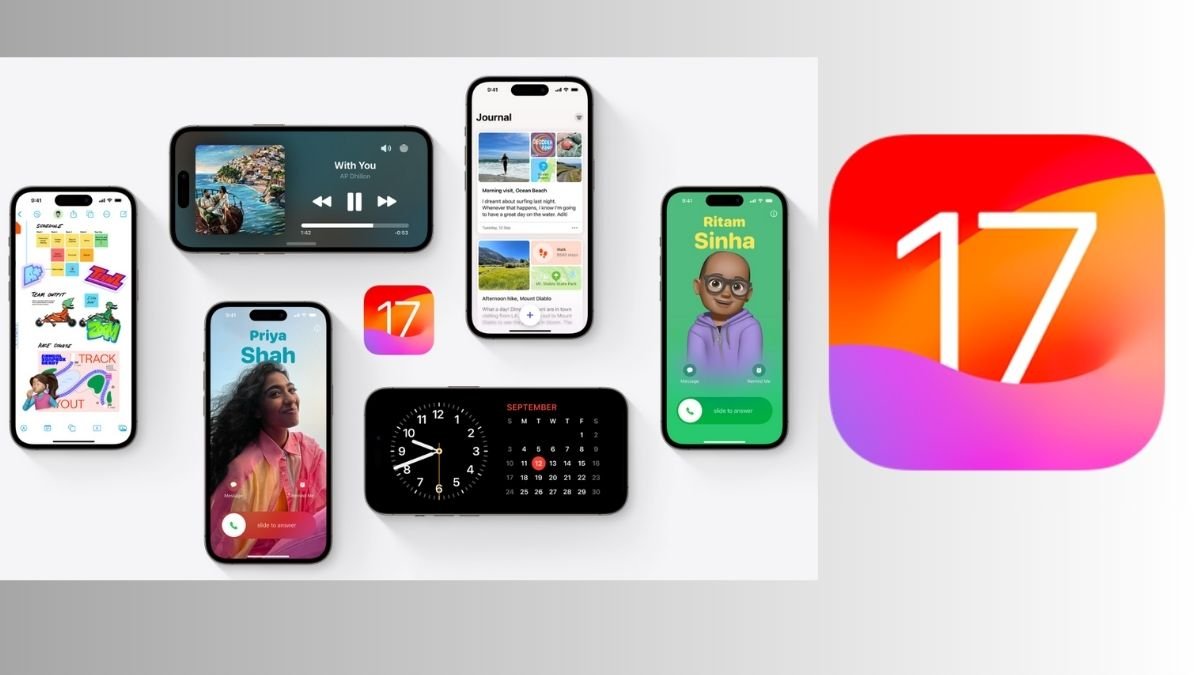A whisper in the digital darkness, unheard yet chilling. That’s the unsettling sensation gripping iPhone users after the revelation of sophisticated spyware capable of silently infiltrating their devices. This invisible threat, exposed by researchers, has sparked anxieties about compromised privacy and urges for proactive defense.
Key Highlights:
- Advanced spyware targeting iPhones raises security concerns.
- Identify unusual behavior: battery drain, unexpected data usage, strange app activity.
- Check app permissions, update iOS, scan for malware, and consider factory reset.
- Cybersecurity experts advise caution with jailbreaking and third-party app stores.
- Back up data regularly and exercise vigilance in online activities.

But how do you know if your iPhone has become a silent listener, capturing your calls, messages, and even keystrokes? While definitive detection can be challenging, red flags exist. Unexplained battery drain, unexpected spikes in data usage, and peculiar app behavior, particularly from unfamiliar applications, could be warning signs.
Start by scrutinizing your iPhone’s app landscape. Head to Settings > Screen Time and App Limits to analyze which apps are consuming the most battery and data. Unrecognized apps or those with excessive resource usage warrant investigation. Check their permissions: do they require access to sensitive areas like microphone or camera? If an app arouses suspicion, consider deleting it immediately.
Combating Elusive Threats: Zero-Day Vulnerabilities
Even the most vigilant efforts can face hidden dangers. Zero-day vulnerabilities, unknown security flaws exploited before a patch exists, pose a significant challenge. To stay ahead of the curve:
- Subscribe to Security Alerts: Apple routinely posts security advisories detailing vulnerabilities and corresponding updates. Stay informed by subscribing to these alerts for timely patching.
- Follow Cybersecurity News and Resources: Reputable cybersecurity news outlets and organizations like MIT Technology Review, The Hacker News, and SANS Institute provide valuable insights and updates on emerging threats and mitigation strategies.
- Consider Third-Party Threat Intelligence: Specialized cybersecurity firms offer threat intelligence feeds that track zero-day vulnerabilities and targeted attacks. While primarily aimed at large organizations, individuals can explore free or trial versions for enhanced awareness.
Keeping your iPhone current is crucial. Update to the latest iOS version, as Apple diligently plugs security vulnerabilities. Antivirus software specifically designed for iOS, though limited in scope, can offer an extra layer of protection. And for a clean slate, a factory reset remains the ultimate decontamination measure. Remember to back up your data beforehand.
Jailbreaking, while tempting for its customization freedom, exposes your iPhone to an unregulated app ecosystem, significantly increasing your vulnerability. Stick to the Apple App Store, vet downloaded apps thoroughly, and avoid clicking suspicious links or downloading attachments from unknown sources.
Cybersecurity experts emphasize vigilance. Be wary of public Wi-Fi networks and utilize strong passwords with two-factor authentication whenever possible. Remember, your online actions have offline consequences. Treat your digital life with the same caution you apply to your physical world.
In conclusion, while the existence of advanced iPhone spyware raises legitimate concerns, proactive measures can mitigate the threat. By staying vigilant, updating software, scrutinizing app permissions, and practicing safe online habits, you can reclaim control of your device and protect your digital privacy. Remember, knowledge is your most potent defense against the whispers in the darkness.






















